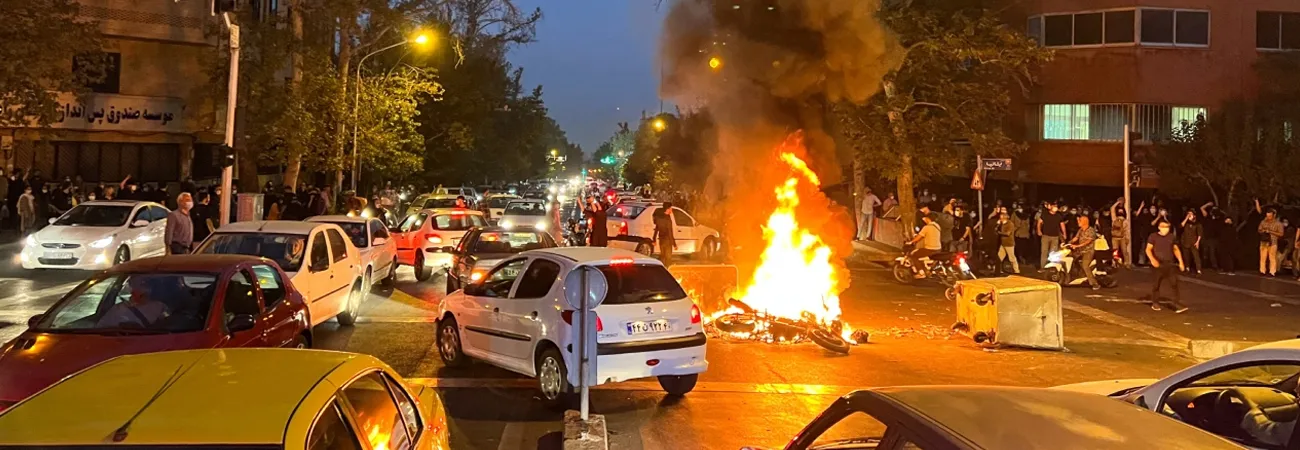i NEWS INTERNATIONAL
Iran's clerical rulers are clamping down on dissent ahead of the anniversary of the death of a young woman in morality police custody, fearing a revival of nationwide protests that rocked the Islamic Republic for months. Journalists, lawyers, activists, human rights advocates and students have been arrested, summoned or faced other measures in a campaign that one activist described as "instilling fear and intimidation". In February, Iran's judiciary announced a broad amnesty, which included releases, pardons, or reduced sentences for those arrested, charged, or detained during the previous unrest. Iranian Judiciary officials were not immediately available to comment on the current situation.
However, senior officials have defended the new crackdown as necessary to maintain stability. But some politicians and insiders have said that mounting repression could deepen a crisis between the clerical leadership and society at large at a time of growing popular discontent over economic woes. Police on Sunday announced that the morality police force has intensified its crackdown on women flouting the compulsory dress code.
In a show of civil disobedience, unveiled women have frequently appeared in public since the death of 22-year-old Mahsa Amini on Sept. 16 last year. Amini fell into a coma and died three days later following her arrest by the morality police for allegedly violating the Islamic dress code. The incident unleashed years of pent up anger over issues from tightening social and political controls to economic hardships, triggering the clerical establishment's worst legitimacy crisis in decades.
Security forces crushed months of unrest during which protesters from all walks of life called for the downfall of the Islamic Republic and women took off and burned the compulsory headscarves in fury. A senior former Iranian official said the authorities should not ignore realities on the ground this time round. "People are still angry over Amini's death and they are frustrated because of their daily struggle to bring food to their tables," the former official said, asking not to be identified. "These wrong decisions may have painful consequences for the establishment. People cannot take more pressure. If it continues, we will witness street protests again."
Credit : Independent News Pakistan-INP









